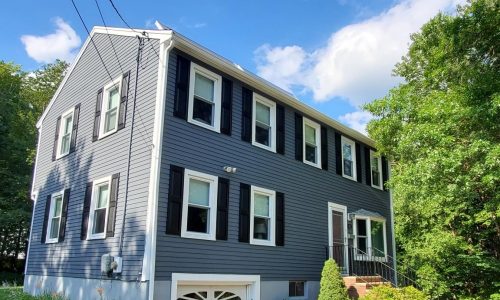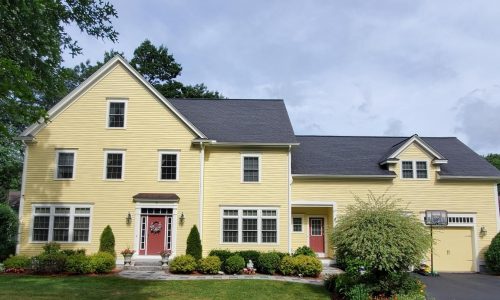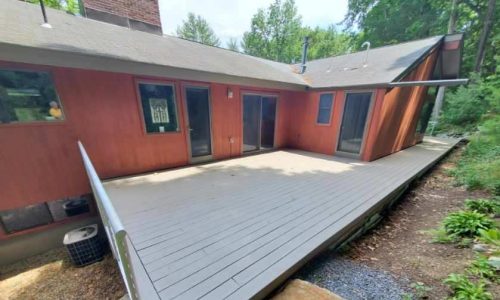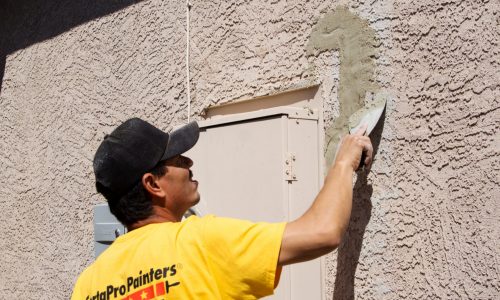How Painting Your Home Improves Energy Consumption
by CertaPro Painters® of Lexington/Concord, MA
Improve Your Home’s Energy Consumption with a Paint Job
While painting your house itself may not directly impact energy consumption, the associated benefits such as improved reflectivity, enhanced insulation, weatherproofing, maintenance of surfaces, cool roof effects, and prevention of air infiltration can collectively contribute to a more energy-efficient home environment and potentially lead to reduced energy costs over time. Painting your house can indirectly improve energy consumption by contributing to the overall energy efficiency of your home in the following ways:

Reflectivity and Insulation
Choosing the right paint colors can have an impact on the absorption and reflection of sunlight. Light-colored paints, particularly those with reflective properties, can help bounce sunlight away from your home, reducing heat absorption and lowering indoor temperatures. This can lead to decreased reliance on air conditioning during hot weather, thus saving on energy costs.

Sealing and Weatherproofing
A well-painted exterior helps seal and protect your home from moisture infiltration, drafts, and air leaks. Properly applied paint can act as a barrier against the elements, preventing air leakage through cracks, gaps, and porous surfaces. This can enhance the overall insulation of your home, reducing heating and cooling losses and improving energy efficiency.

Maintenance of Surfaces
Regularly painting your home's exterior surfaces can help maintain their integrity and durability. By protecting against weathering, UV damage, and moisture intrusion, paint can prolong the lifespan of materials such as wood, stucco, or metal, reducing the need for repairs or replacements. This contributes to the overall energy efficiency of your home by ensuring that building materials remain in good condition and perform optimally.

Preventing Air Infiltration
Caulking and sealing gaps, cracks, and joints before painting can help prevent air infiltration and improve the airtightness of your home. By reducing drafts and air leaks, you can enhance the overall energy efficiency of your home, as less conditioned air is lost and indoor comfort is maintained more effectively.


